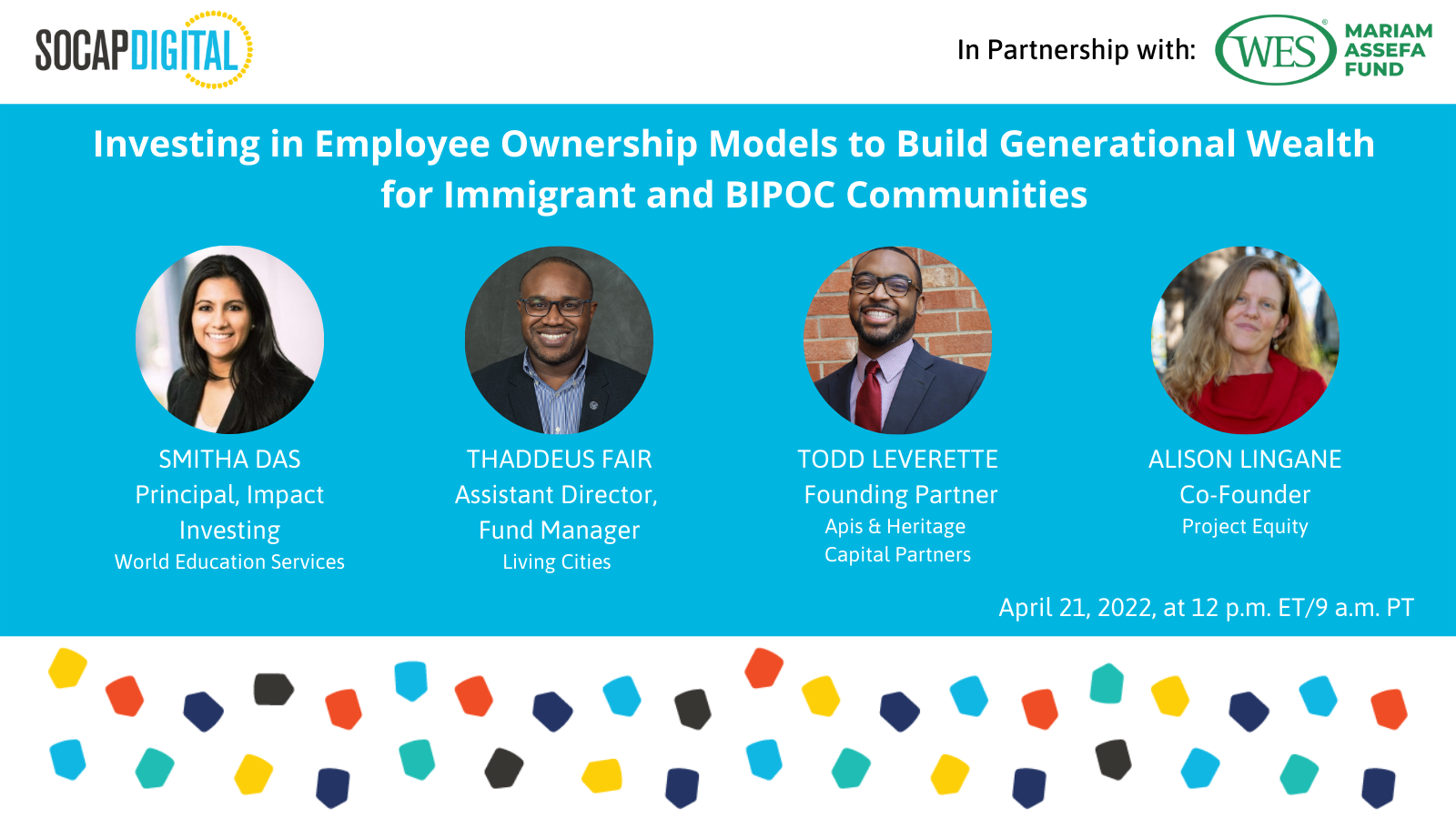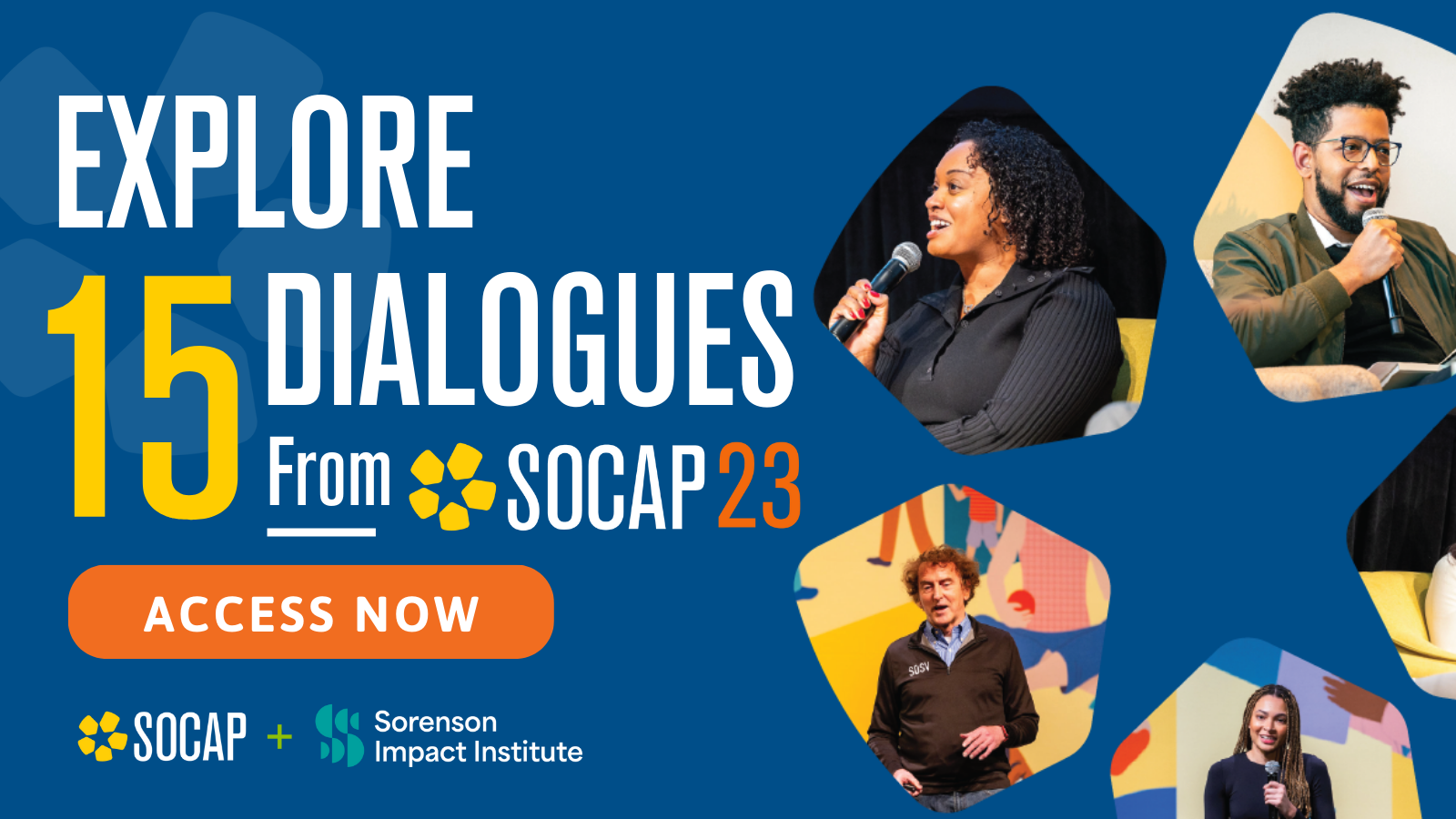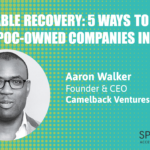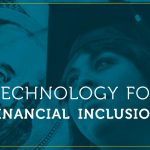Business Transition to Employee Ownership Broadens Benefits for Immigrants and Communities of Color
Employee ownership is a powerful business model that can scale businesses, create higher-quality jobs, and strengthen communities, but limited financing is available to help businesses make this transition. Impact capital can expand democratic employee ownership to build generational wealth, help close the racial wealth gap, and drive sustained and meaningful impact in people’s lives.
This recent webinar hosted by the WES Mariam Assefa Fund provides an overview of employee ownership models and how fund managers and impact investors are deploying capital to ultimately build wealth and power for People of Color and the communities where they live. Smitha Das, Principal for Impact Investing at World Education Services (WES), said wealth-building historically has been done through owning a home and owning a business — two paths with barriers for most People of Color.
But WES and others looking to bridge the racial wealth gap see employee ownership models as an empowering way to reimagining the building blocks of wealth for frontline workers. “The business case, the impact case, around employee ownership is established,” Das said. “So the question is kind of why haven’t they taken hold? What is the role of investment capital to demonstrate some of these newer models, newer ways to invest in employee ownership transitions, and also scale them over time?”
Project Equity is among the organizations working to encourage and ease the transition to employee ownership for business owners. Co-Founder Allison Lingane said employee-owned companies are typically stronger businesses that create high-quality jobs with better pay and benefits and give workers a voice in decisions that help them build generational wealth. This free resource, “The Case for Employee Ownership,” created by Project Equity, shares more details about these business structure benefits. (Worker cooperatives, explored in this SOCAP20 session, are also a business structure that has been shown to drive economic recovery and racial justice.)
It’s a business model that presents a relevant opportunity as the baby boomer generation approaches retirement — a shift dubbed the “silver tsunami” — that will put the future of nearly 3 million businesses at risk. That includes an estimated half of locally owned businesses, Lingane said, in need of buyers although only 20% of businesses put up for sale find buyers.
Combine that with growing wealth inequality in the U.S., and it’s an opportunity for investors to drive economic and social change by helping with the transition to employee ownership. “Racial income and wealth inequality underpin the core of what is broken,” she said. “Employee ownership is proven to address the income gap and build intergenerational wealth for workers.”
Todd Leverette, Founding Partner of Apis & Heritage Capital Partners, said the investment firm sees employee ownership as a three-pronged impact opportunity: Employee-owned businesses typically outperform their peers, distribute the benefits of that success to workers, and help anchor companies and jobs in their communities.
“From an operational standpoint, the alignment of interests between the workers who are now also owners, who are now thinking like owners, are thinking of how their day-to-day job can contribute to the bottom line of the company,” he said. When frontline workers realize and value the strong tie between their everyday work and their future wealth, Leverette said, they are more likely to provide better customer service and stay with a company for the long term.
“There are a lot of benefits all the way around,” he said. “After 50 years of stagnant real wages for working Americans and 40 years of decreasing wealth to the bottom 50% of earners … from a business side and from a worker side and from a community side, the case for employee ownership we think is really clear.”
That case also aligns with the mission at Living Cities, where Assistant Director and Fund Manager Thaddeus Fair and others seek vehicles to create wealth in communities that are home for People of Color. To build community health and stability, he said it’s especially important for people to have the opportunity to own homes in the neighborhoods where they work.
“We believe small businesses are the backbone of local communities,” Fair said. “Employee ownership is a natural panacea to this to keep wealth in the community and generate individual wealth.”
Watch Investing in Employee Ownership Models to Build Generational Wealth
Speakers:
Thaddeus Fair, Assistant Director, Fund Manager, Living Cities
Todd Leverette, Founding Partner, Apis & Heritage Capital Partners
Alison Lingane, Co-Founder, Project Equity
Moderator:
Smitha Das, Principal, Impact Investing, World Education Services
Resources:
“The Case for Employee Ownership” from Project Equity







